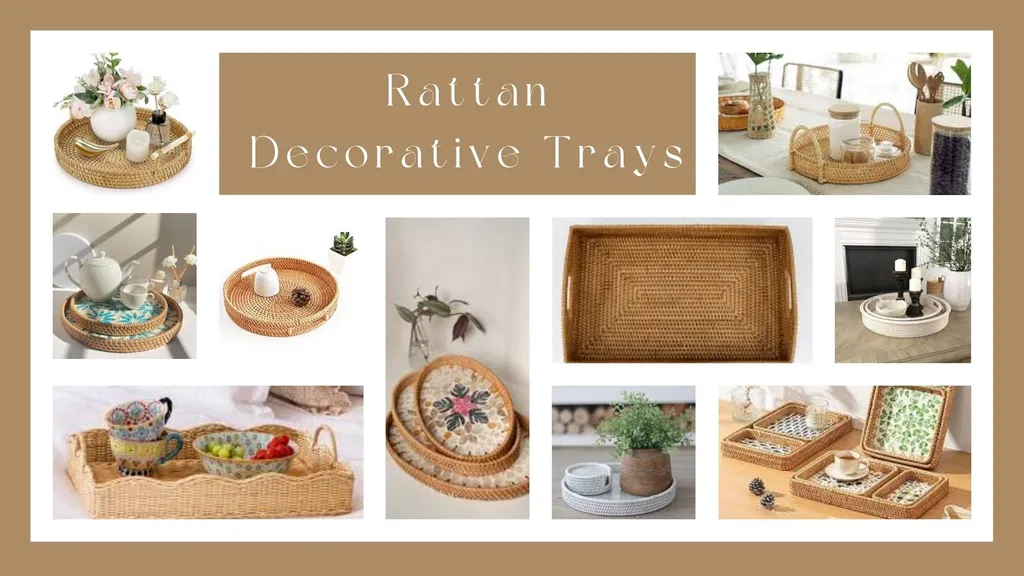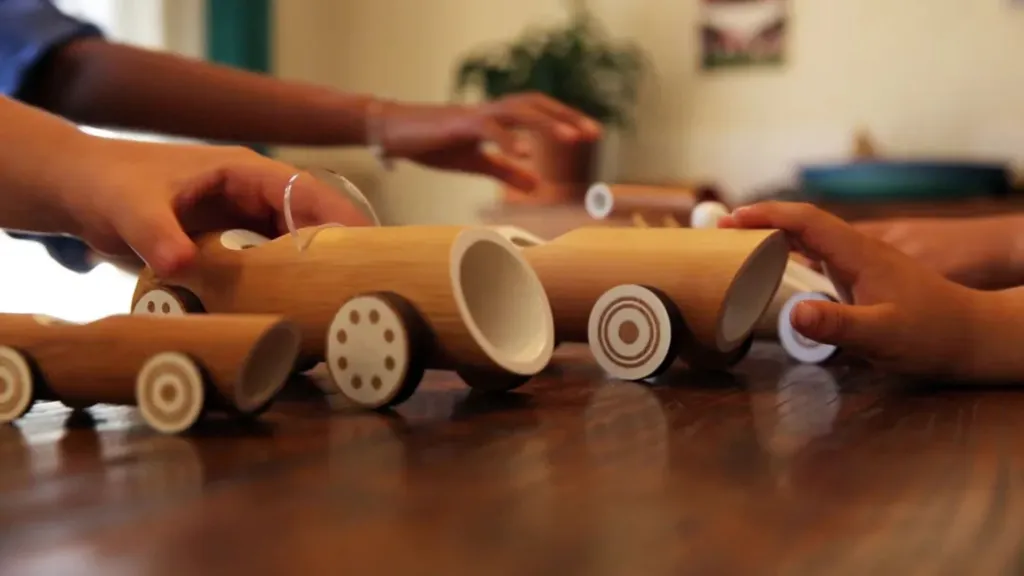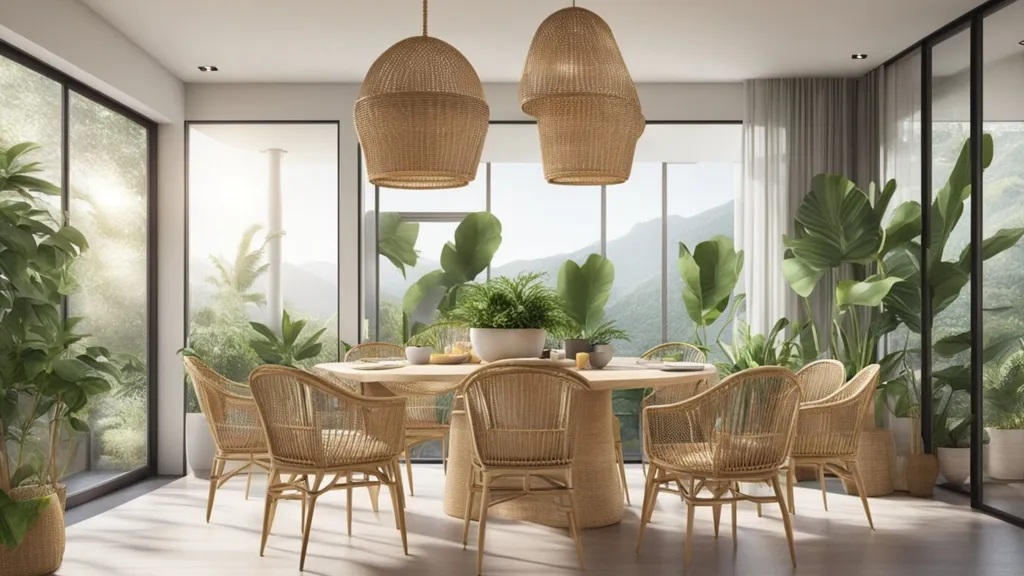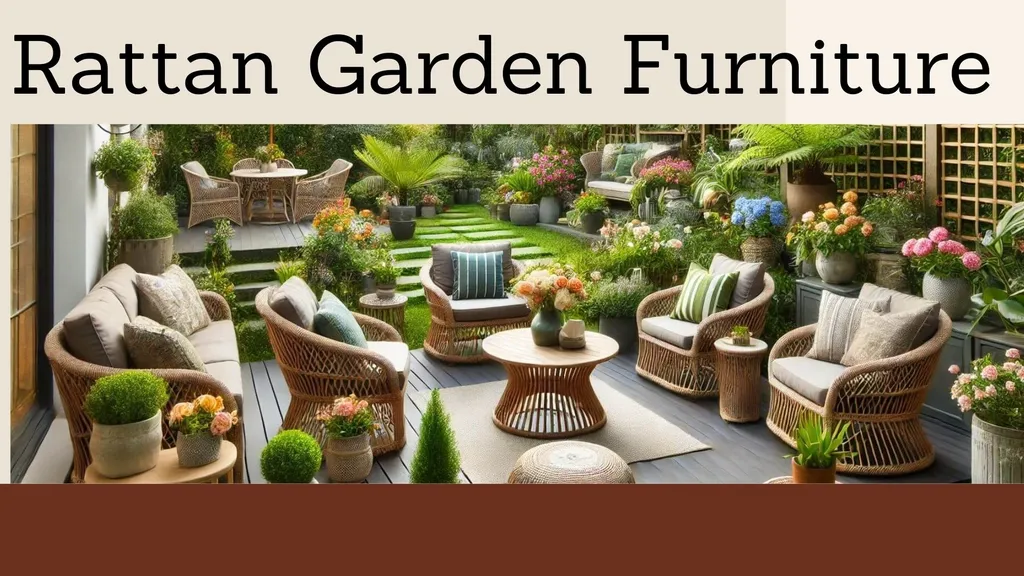Contents
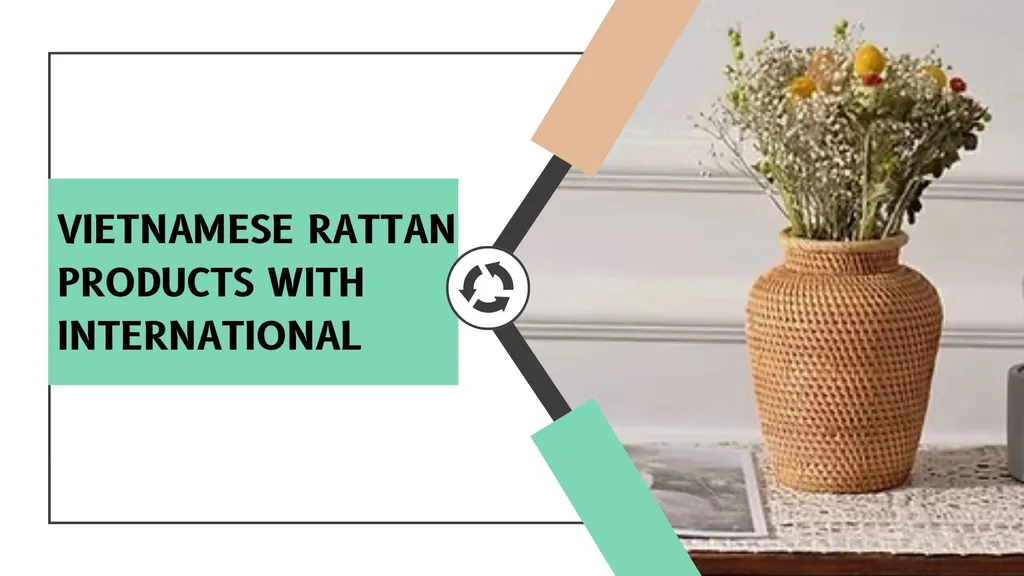
In today’s eco-conscious global market, Vietnamese rattan products shine as a blend of artistry, sustainability, and versatility. From chic European hotel suites to cozy North American homes, these handcrafted items are captivating international consumers. This blog explores the rising demand for Vietnamese rattan, its market dynamics, and the opportunities fueling its global ascent.
Why Vietnamese Rattan Stands Out
Vietnamese rattan embodies a perfect fusion of tradition and modernity. Its appeal lies in:
Sustainability: Sourced from rapidly renewable materials, rattan aligns with eco-friendly consumer preferences.
Craftsmanship: Intricate weaving techniques reflect Vietnam’s rich artisanal heritage.
Versatility: Rattan’s organic texture complements biophilic design trends, seamlessly fitting into diverse interior styles.
These qualities make Vietnamese rattan a sought-after choice for environmentally conscious consumers and designers worldwide.
Global Trends Driving Demand
The surge in demand for Vietnamese rattan is fueled by key global trends:
Eco-Conscious Consumerism: Buyers prioritize sustainable, low-impact materials, making rattan a standout choice.
Biophilic Design: Rattan’s natural aesthetic enhances spaces that connect interiors with nature.
Artisanal Appeal: Consumers value the cultural stories and craftsmanship embedded in each piece.
These trends position Vietnamese rattan as a leader in the global shift toward sustainable, handcrafted goods.
Key Export Markets
Vietnamese rattan has carved a strong presence in major markets:
United States: With a 31% export increase in early 2024, the U.S. embraces rattan for its eco-friendly and artisanal qualities.
United Kingdom: A 7.4% growth in imports reflects UK consumers’ appreciation for sustainable, aesthetic designs.
Japan: Steady demand highlights Japan’s affinity for rattan’s blend of tradition and modern functionality.
These markets underscore Vietnam’s growing influence in the global rattan trade.
Economic Impact
Rattan exports significantly bolster Vietnam’s economy:
Revenue Growth: In Q1 2024, rattan and bamboo exports surged by 28.3%, reaching $85 million in March alone.
Job Creation: Over 1,000 rural craft villages thrive, providing employment and preserving traditional skills.
GDP Contribution: Increased exports enhance national income, supporting infrastructure and regional development.
Despite challenges like international competition and regulatory hurdles, rattan remains a vital economic driver.
Quality and Sustainability Standards
Vietnam’s rattan industry adheres to rigorous global standards:
Certifications: FSC certification ensures responsible sourcing, appealing to eco-conscious markets.
Quality Control: Meticulous processes guarantee durability and aesthetic excellence.
Ethical Production: Partnerships with NGOs and initiatives like INBAR promote sustainable practices and innovation.
These standards enhance Vietnam’s reputation for high-quality, ethical rattan production.
Innovations in Design
Vietnamese rattan is evolving with modern design trends:
Creative Fusion: Combining rattan with other materials creates unique, durable designs.
Cultural Storytelling: Products infused with Vietnamese motifs resonate with global audiences.
Technology Integration: Tools like 3D printing enable intricate, innovative designs.
These advancements keep Vietnamese rattan competitive and relevant in dynamic markets.
Opportunities and Challenges
The global rattan market presents both opportunities and challenges:
E-Commerce Growth: Online platforms like Amazon expand reach, connecting artisans directly with consumers.
Competition: Rivals like Indonesia and Malaysia challenge Vietnam to differentiate through quality and sustainability.
Regulatory Navigation: Compliance with regulations like the EU’s Deforestation Regulation requires strategic adaptation.
By leveraging e-commerce and innovation, Vietnam can overcome hurdles and expand its market share.
Future Outlook
The future of Vietnamese rattan is bright, driven by global demand for sustainable, artisanal products. With strategic focus on eco-friendly practices, innovative designs, and digital marketplaces, Vietnam’s rattan industry is poised to redefine global standards for craftsmanship and sustainability. As Ethical Handicraft Manufacturer (EHM) continues to champion these values, Vietnamese rattan will weave its way into homes and hearts worldwide.
Discover our exquisite rattan collections at handicraftmanufacturer.com and join the movement toward sustainable, handcrafted beauty.


